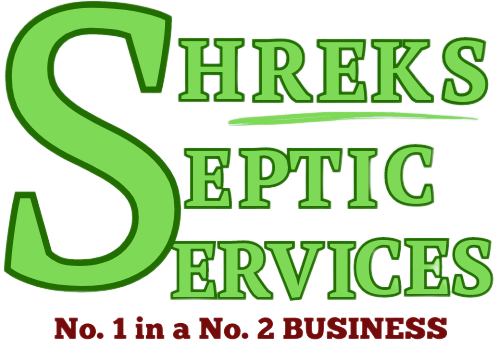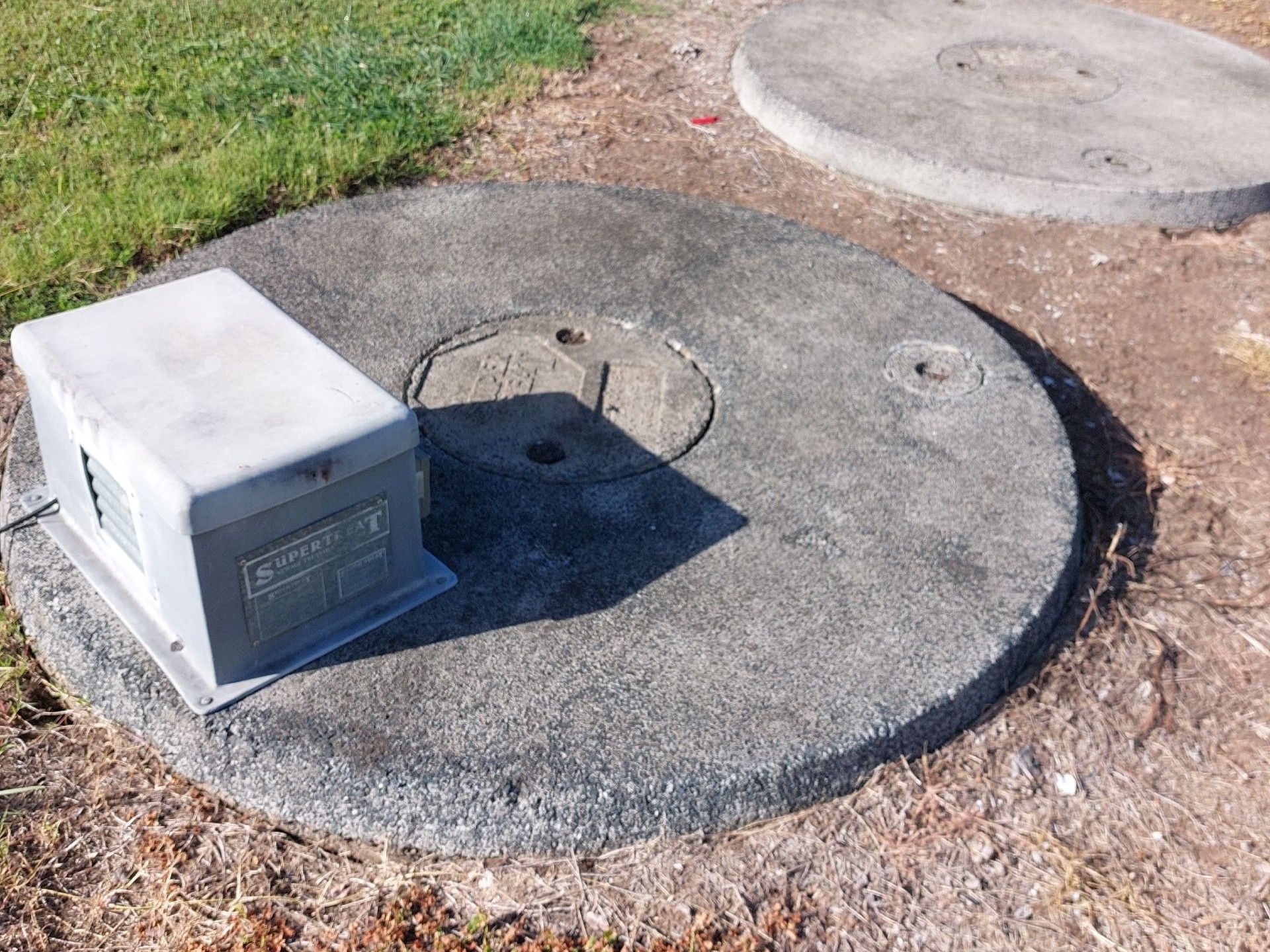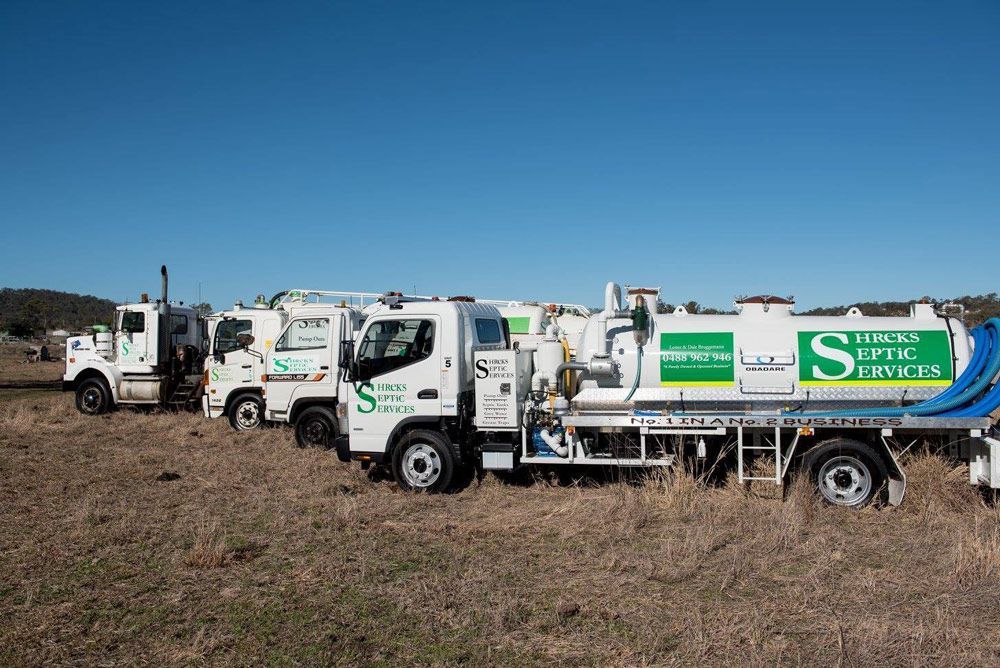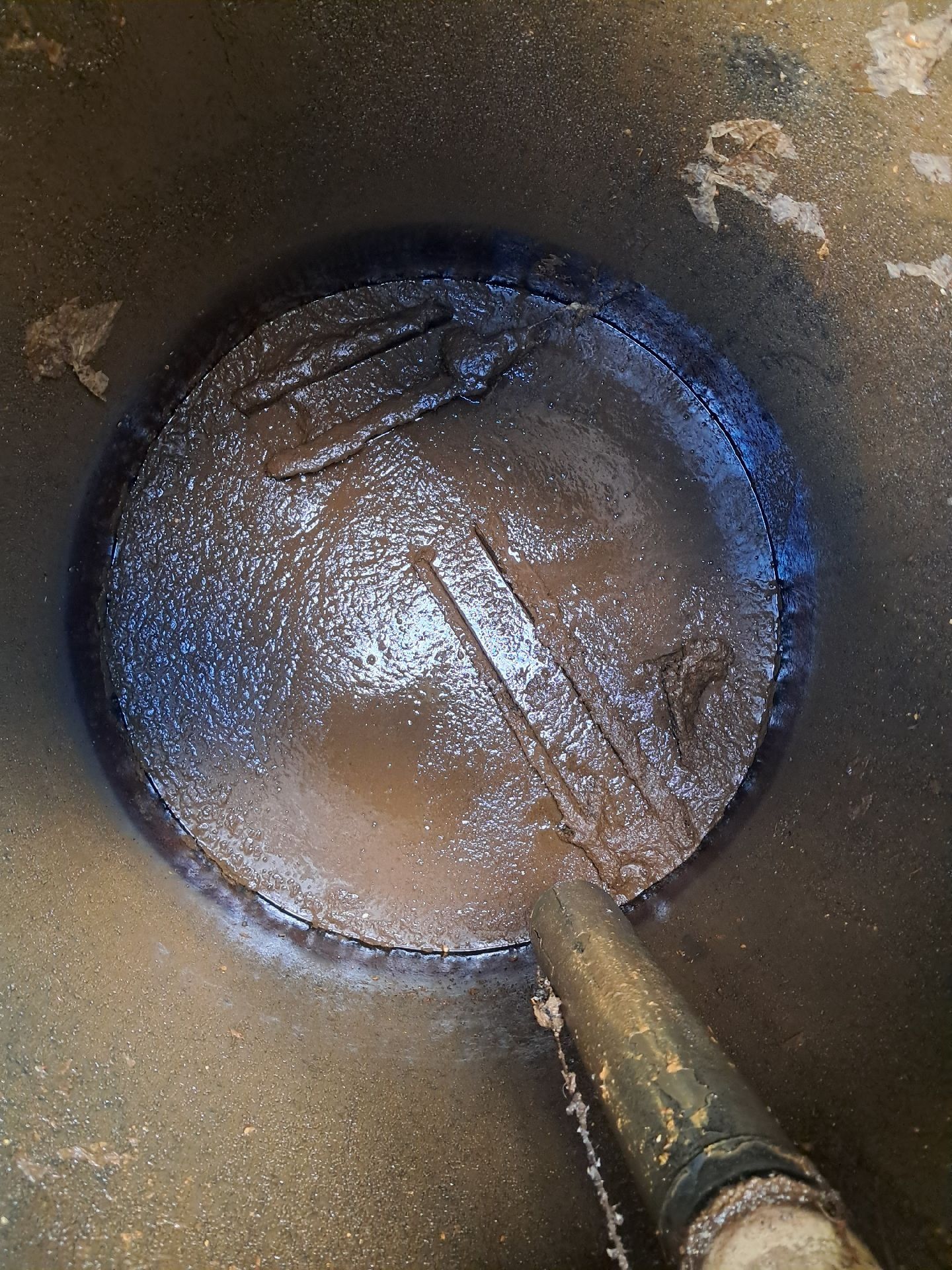The Environmental Impact of Proper Grease Trap Maintenance
Is your business doing enough to reduce its impact on local waterways? Many commercial kitchens and food businesses rely on grease traps, but not everyone realises how important these systems are to environmental health. When left unmaintained, grease traps can cause far-reaching problems, including pollution, health hazards, and blocked sewer systems.
In this blog, we’ll explore the environmental benefits of regular grease trap cleaning in Toowoomba, how it contributes to sustainability, and why consistent maintenance is essential for every food business.
Prevents Fats, Oils & Grease (FOG) From Entering Waterways
Grease traps are designed to intercept FOG—fats, oils, and grease—before they enter the wastewater system. When traps aren't cleaned regularly, these substances can escape into local waterways.
Here’s how this causes environmental harm:
- FOG solidifies as it cools, causing blockages in pipes and treatment systems.
- Excess grease can make its way into rivers and streams, where it coats aquatic life and disrupts oxygen levels.
- These substances can also bond with other materials in wastewater, forming larger obstructions.
By keeping traps maintained, businesses significantly reduce the risk of polluting Toowoomba’s water systems. Routine grease trap services act as a frontline defence against this type of contamination.
Minimises Blockages in Public Sewer Systems
When grease builds up in unmaintained traps, it can flow into public sewer lines, causing widespread issues across the community.
Common outcomes include:
- Sewer backups in streets or nearby properties.
- Overflowing manholes that release untreated waste into the environment.
- Costly infrastructure repairs for local councils.
Cleaning grease traps on a set schedule helps prevent these issues. It also supports council efforts to maintain clean, functional sewage networks throughout Toowoomba. Businesses that prioritise grease trap cleaning in Toowoomba help protect public infrastructure and reduce pressure on local systems.
Supports Efficient Wastewater Treatment
Wastewater treatment plants are designed to handle organic waste and sewage—not excessive grease and oils. When too much FOG enters the system, it affects operations and reduces the effectiveness of treatment processes.
Some consequences include:
- Slower treatment cycles due to grease buildup on equipment.
- Increased energy and chemical use to break down FOG.
- Higher costs for municipal water treatment facilities.
Routine cleaning reduces the grease load entering the treatment system, improving overall water quality and reducing unnecessary strain on public resources. It's a small act of maintenance that contributes to a much larger environmental benefit.
Reduces Odour & Air Pollution
Grease traps that are overdue for cleaning can emit strong, foul odours. While these smells are unpleasant for customers and staff, they can also release volatile organic compounds (VOCs) that degrade indoor and outdoor air quality.
Potential issues include:
- Harmful air pollution in densely populated areas.
- Respiratory irritation for staff, particularly in confined kitchens.
- Negative customer perception is linked to poor hygiene.
By engaging local professionals for regular grease trap services, businesses reduce the risk of these emissions. Clean traps lead to fresher, safer workspaces and contribute to a healthier environment in surrounding areas.
Helps Prevent Pest Infestations
Grease buildup attracts pests like rodents, cockroaches, and flies, which thrive on decaying organic matter. Once infestations take hold, they can spread disease and create long-term problems for neighbouring properties.
Environmental and health risks include:
- Contaminated food waste leaching into soils.
- Pest-related damage to nearby green spaces and buildings.
- Increased use of chemical pesticides to manage outbreaks.
Regular grease trap cleaning removes the organic waste that attracts pests in the first place. By staying on top of maintenance, businesses reduce the need for chemical pest control and protect surrounding habitats.
Promotes Sustainable Waste Disposal
Modern grease trap services don’t just clean and empty tanks—they often include responsible waste transport and recycling. Used cooking oils and separated waste can be repurposed for biofuels, compost, or industrial products.
This supports sustainability by:
- Diverting FOG waste away from landfills.
- Reducing carbon emissions from improper disposal.
- Supporting the development of renewable resources.
Choosing service providers that prioritise environmentally responsible disposal helps local businesses play a role in the circular economy. It’s a practical way to turn kitchen waste into a resource rather than a liability.
Encourages Long-Term Compliance With Environmental Regulations
Neglecting grease trap maintenance can result in violations of environmental and public health regulations. These rules exist to protect the community and natural resources from avoidable harm.
Consequences of non-compliance may include:
- Fines or penalties from local councils.
- Temporary shutdowns or legal action.
- Reputational damage among environmentally conscious consumers.
Staying compliant through regular grease trap cleaning keeps operations running smoothly. It also demonstrates a business’s commitment to sustainable practices and regulatory responsibility.
Conserves Local Ecosystems
Toowoomba's natural surroundings include waterways, bushland, and a variety of native wildlife. Grease pollution can upset this balance, particularly when untreated waste leaks into natural environments.
Long-term risks include:
- Disruption of aquatic ecosystems due to oxygen depletion.
- Long-lasting chemical residue affecting soil health.
- Loss of biodiversity caused by contaminated habitats.
Proper grease trap maintenance helps reduce the risk of harmful waste entering these environments. This small step contributes to preserving the region’s unique natural assets and the health of future generations.
Demonstrates Corporate Social Responsibility
Environmental concerns are increasingly influencing how customers choose where to eat and do business. Maintaining clean grease traps may seem like a behind-the-scenes task, but it signals a broader commitment to responsible operations.
This can benefit businesses through:
- Improved brand reputation as a sustainability-minded company.
- Greater trust from the local community and customers.
- A stronger position when applying for council approvals or permits.
Using trusted providers for grease trap services reflects positively on the business and supports Toowoomba’s broader environmental goals.
Reduce Pollution With Regular Grease Trap Cleaning in Toowoomba
Proper grease trap maintenance is more than just a compliance task—it’s a vital part of environmental responsibility. By scheduling regular grease trap cleaning in Toowoomba, businesses help protect local waterways, reduce pollution, support public infrastructure, and contribute to a healthier, more sustainable community.
At Shrek’s Septic Services, we provide professional grease trap services tailored to the needs of food businesses in the Toowoomba region. Contact us today to schedule regular maintenance and reduce your environmental impact.



